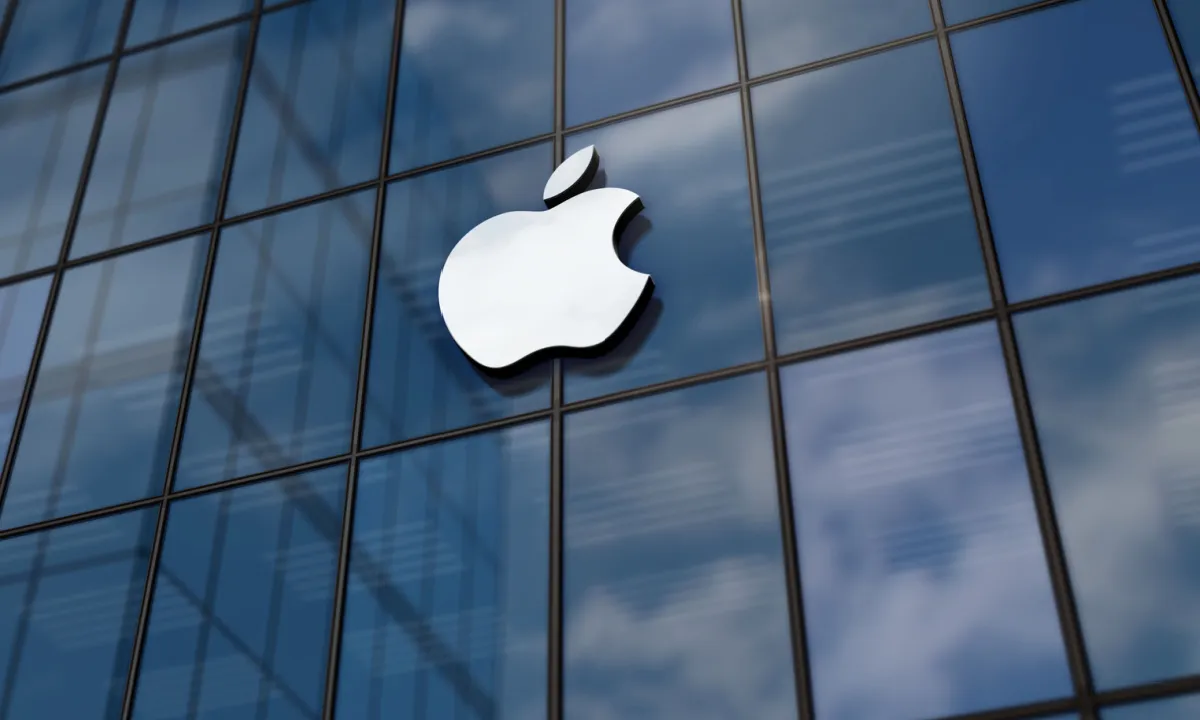
Apple Inc. is currently entangled in a series of legal challenges, with class action lawsuits targeting its business practices from various angles. Among these are allegations of monopolizing the iPhone app market through restrictive App Store policies and misleading iCloud+ subscribers regarding the actual storage capacity offered.
Key Highlights
- App Store Monopoly Allegations: A US District Judge has allowed millions of Apple customers to pursue a class-action lawsuit accusing Apple of monopolizing the iPhone app market via its exclusive App Store policies. This decision follows an initial rejection, with the class now narrowed to include Apple account holders who have spent $10 or more on app or in-app content.
- Misleading iCloud+ Storage Claims: In a separate class action, plaintiff Lisa Bodenburg accuses Apple of not delivering the promised cloud storage capacity to iCloud+ subscribers. The lawsuit alleges that Apple shortchanges customers by including the 5GB of free storage offered to all Apple device owners in the total storage capacity sold, thus misleading subscribers.
The Cases in Detail
Monopoly Over App Store
The lawsuit against Apple’s App Store policies alleges that the company has engaged in anticompetitive behavior by limiting iPhone, iPod touch, and other iOS devices to its operating system and forcing developers to accept its terms. The complaint highlights Apple’s 30% commission on App Store purchases and its restrictions on third-party app marketplaces as evidence of efforts to monopolize the iOS app market. Plaintiffs argue that this has led to higher prices for consumers and reduced the supply of apps.
Misrepresentation of iCloud+ Storage
The class action led by Lisa Bodenburg focuses on the alleged misrepresentation of iCloud+ storage capacity. It claims that Apple fails to deliver the additional promised storage capacity, effectively providing less than advertised. The lawsuit argues that Apple breaches its contractual promise by not delivering the storage capacity as advertised and seeks to represent a nationwide class of consumers affected by this practice.
Legal Implications
These lawsuits highlight ongoing concerns regarding Apple’s market practices, including the control over its App Store and the transparency of its service offerings like iCloud+. The outcomes of these legal battles could have significant implications for Apple’s operating policies and its relationship with consumers.
Apple Inc. finds itself at the center of legal scrutiny, facing allegations of monopolistic practices and misrepresentation. These class-action lawsuits underline the growing dialogue around tech giants’ market dominance and the need for transparency and fairness in consumer services. As these cases progress, they will undoubtedly shed light on important aspects of digital market regulation and consumer rights.